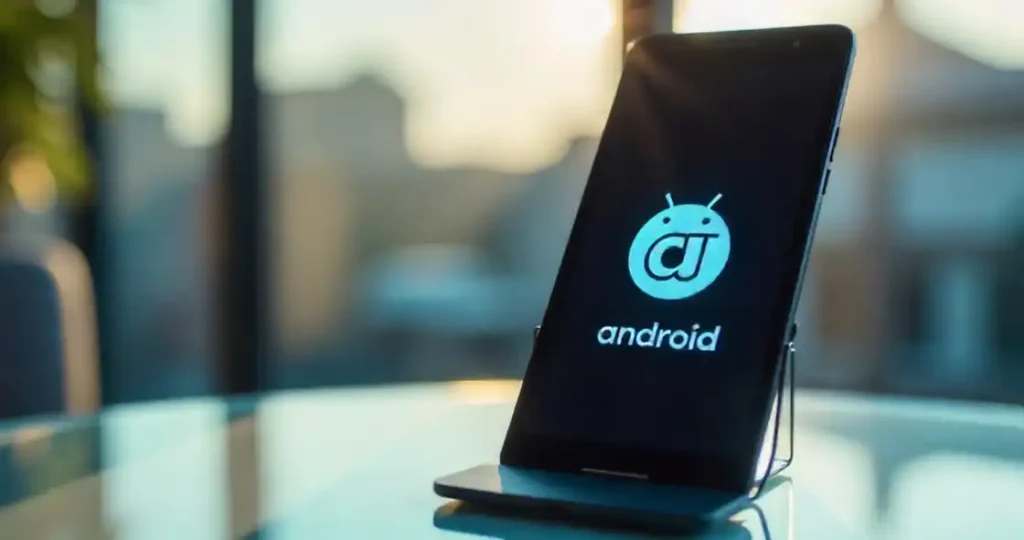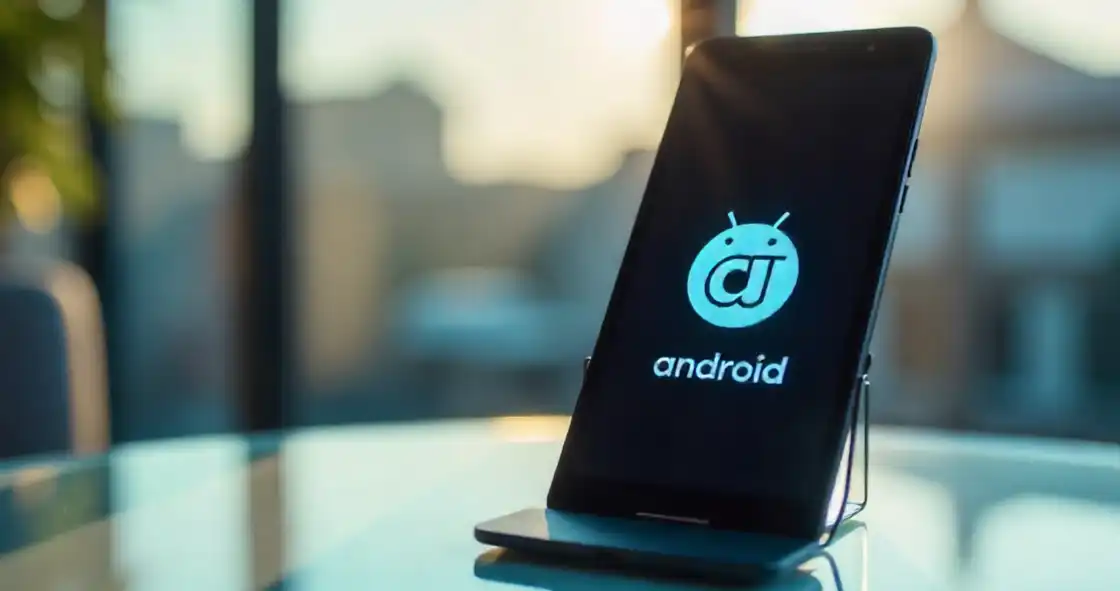The End of an Era: Android’s Open Garden Gets Walled Off
For nearly two decades, the defining feature of Android has been its openness. Unlike Apple’s walled-garden iOS, Android allowed users to sideload apps from any source, offering unparalleled freedom and customization. This fundamental difference fueled its global adoption. However, that era is coming to a dramatic close. In a move that sent shockwaves through the tech community, Google has announced a radical new security protocol. Dubbed by many as the “Chicago Plans,” this initiative will systematically prohibit the installation of apps from unverified developers, effectively locking down the Android ecosystem as we know it. This isn’t just an update; it’s a philosophical overhaul that prioritizes security over sovereignty, raising critical questions about user control and market competition.
Android : What Are the “Chicago Plans”? A Mandatory Developer Identity Check
So, what exactly are these Chicago Plans? At its core, the policy is a mandatory, global identity verification system for every single Android developer. Previously, only developers publishing on the official Google Play Store underwent a rigorous verification process. Under the new Chicago Plans, any developer who wants their app to be installable on the vast majority of Android devices must be verified by Google, regardless of their distribution platform—be it the Amazon Appstore, APK websites, or direct downloads. Apps from developers who lack this verified status will simply be blocked from installing on “certified” Android devices, which encompasses nearly every phone with Google Mobile Services outside of China. This transforms Android from an open platform into a gated one, where Google holds the keys.

The Driving Force: Why Google is Implementing These Strict Measures
Google’s justification for the Chicago Plans is rooted in one word: security. The company cites overwhelming data showing that apps sideloaded from outside the Play Store are significantly more likely to contain malware—a claim they state is up to 50 times more likely. For years, the open nature of Android has been a double-edged sword, empowering users but also creating a playground for bad actors distributing fraud, spyware, and data-harvesting malicious apps. Google argues that by forcing every developer to verify their identity, they can drastically reduce anonymous fraud attacks and create a safer environment for the billions of Android users worldwide. They point to successful internal rollouts of identity verification in 2023, which led to a “huge decrease in fraud and malware,” as a blueprint for this larger project.
The Rollout Timeline: When Will Your Phone Be Affected?
The implementation of the Chicago Plans will not happen overnight. Google has outlined a meticulous, multi-year rollout strategy. The process begins with an early access testing phase starting in October of this year. A major milestone arrives in March 2026, when the verification console is scheduled to become available to all developers globally. The first live enforcement is targeted for September 2026, with a limited launch in four pilot countries: Brazil, Indonesia, Singapore, and Thailand. Following this testing period, the policy is set for a full global expansion throughout 2027. This gradual approach gives developers time to adapt but also means the countdown to a locked-down Android has officially begun.
A Coincidental Timing? The Shadow of the Epic Games Antitrust Case
The announcement of the Chicago Plans arrives at a phenomenally coincidental—or perhaps strategic—moment. It comes on the heels of Google’s major loss in its antitrust legal battle with Epic Games. The courts have ruled that Google must open up its ecosystem, allowing for easier distribution of third-party app stores and sideloading to foster greater competition and break Google’s perceived monopoly on app distribution. Critics argue that the Chicago Plans directly counteract the spirit of this ruling. By mandating that even apps on third-party stores must pass through Google’s verification gate, Google maintains a profound level of control. It creates a scenario where the platform is technically more open, but Google still holds the ultimate power to decide which apps are allowed to run, potentially using security as a pretext to maintain its dominant market position.
The Great Debate: Enhanced Security or a Draconian Overreach?
This move sparks a complex debate. On one hand, enhanced security is an undeniable benefit for the average user who may lack the technical savvy to distinguish safe apps from malicious ones. Reducing malware is a noble and necessary goal. On the other hand, many digital rights advocates and power users see the Chicago Plans as a draconian overreach. It represents a fundamental shift away from user choice and towards paternalistic control. The policy grants Google an unprecedented level of authority to effectively whitelist applications across the entire Android landscape. There are valid concerns about what this means for indie developers, privacy-focused apps that avoid Google’s services, and open-source projects. While the initial restrictions may seem minimal, the lack of long-term guarantees is worrying. What stops Google from tightening its verification criteria to stifle competition or block certain types of apps in the future? The Chicago Plans may secure Android, but they also irrevocably shrink the freedoms that once defined it.

Table of Contents
Reference Website:
https://arstechnica.com/gadgets/2025/08/google-will-block-sideloading-of-unverified-android-apps-starting-next-year/
